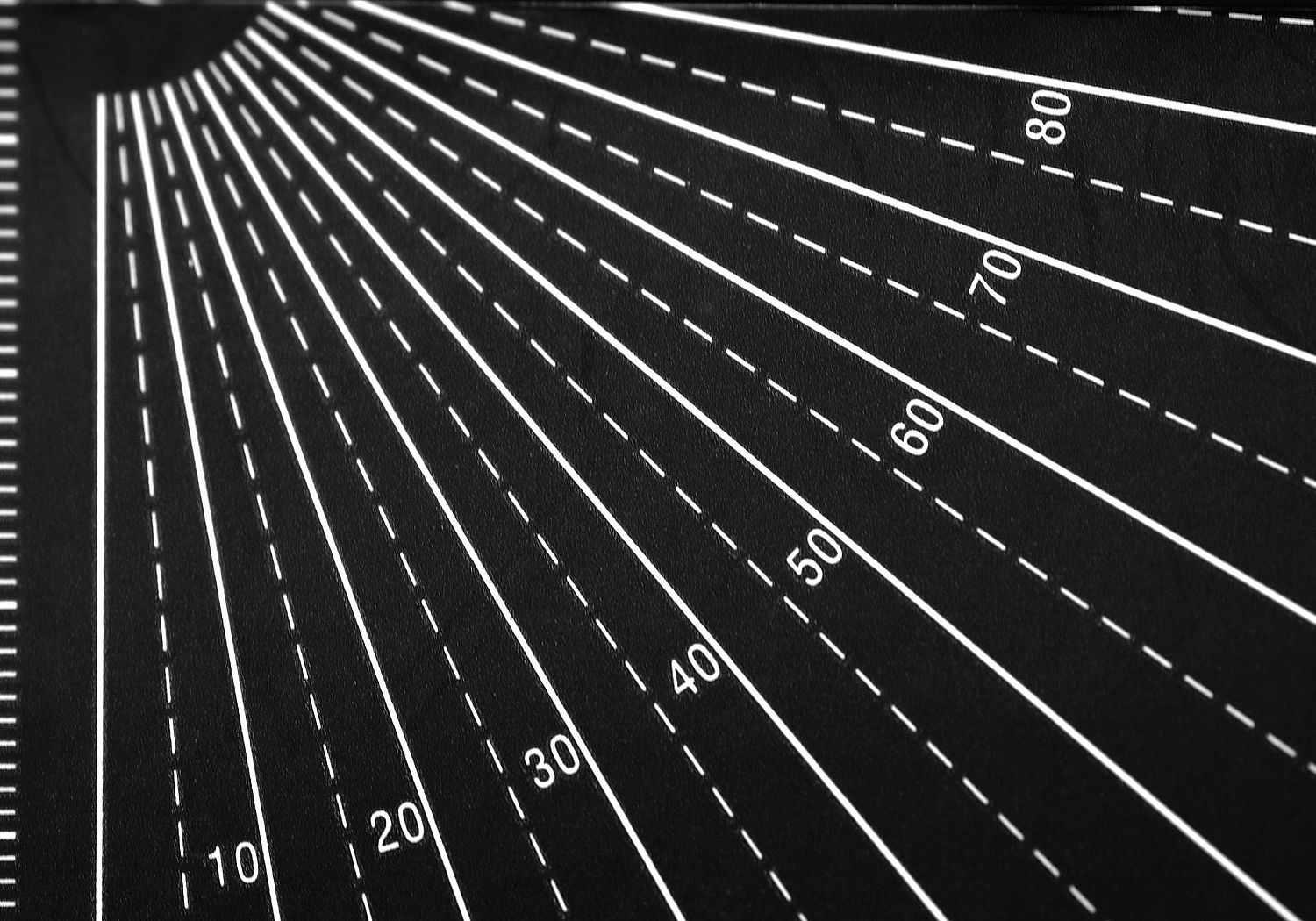Angle Metrology
Short Name: Angles, Project Number: SIB58
New angles: Improving angle measurements for science and industry
Precise angle measurements, made using optical systems, underpin both important European industries and also fundamental research facilities that operate focused high intensity infrared, ultraviolet and X-ray beams. In the automotive, aerospace and mechanical engineering sectors robotic machines wielding tools in 3D rely on the precise control of rotating shafts by angle encoders calibrated using optical techniques.
At synchrotron and free electron laser (FEL) facilities complex optical systems probe the structure and properties of candidate materials for advanced applications such as next-generation solar panel films, new pharmaceuticals or creating a greater understanding of ultra-fast processes in catalysis. These optical systems operate at the limits of existing manufacturing and measurement capability. Nearly 30 % of system components fail exacting acceptance testing as any imperfections larger than 1 nm create optical distortions that affect research results. Autocollimators measure the angular displacement of reflecting surfaces and are frequently used to identify nanoscale irregularities in complex optic components. Improving the accuracy with which these instruments can measure tiny defects will help to ensure that beamlines operate as designed.
This project improved calibration and reduced sources of uncertainty with a particular focus on the optical systems that are used for focusing and conditioning high intensity x-ray beams.
The project:
- Improved autocollimator performance by introducing calibrations along two axes, which is to in-serviceuse, and also by creating novel image patterns on an autocollimator’s detector
- Developed a new centring device, ACenD, for precisely positioning small apertures on the autocollimator’s optical axis. This enables the identification of smaller irregularities than was previously possible
- Investigated factors affecting the performance of angle encoders and applied a new shearing technique to improve the calibration of precise angle measurement devices
- Developed small angle generators capable of operating over a wide range for the on-site/in-situ calibration of the autocollimators that are used in surface profilers to improve inspection accuracy of complex optical surfaces.
Project developments are aiding acceptance testing of the most complex optical components that are used in advanced large-scale photon science research centres. Feedback on optics performance helps manufacturers improve products and eliminate errors and helps ensure that beam lines operate as expected for dedicated research and testing. As a result of this project, two EURAMET guides on the calibration of angle encoders and autocollimators have been published to support laboratories at research facilities and national institutes.
This project’s outcomes have future applications in many areas of advanced manufacturing which use angle measuring technologies to confirm robotic machine tool or nano-scale component positioning. These will also have applications in geodesy and nano-electronics research.
Proceedings of the 16th International Conference of the European Society for Precision Engineering and Nanotechnology
Measurement Science and Technology
REVIEW OF SCIENTIFIC INSTRUMENTS
REVIEW OF SCIENTIFIC INSTRUMENTS
REVIEW OF SCIENTIFIC INSTRUMENTS
REVIEW OF SCIENTIFIC INSTRUMENTS
Proceedings of the 16th International Conference of the European Society for Precision Engineering and Nanotechnology
Review of Scientific Instruments
Advanced Optical Technologies
Measurement Science and Technology
Journal of Synchrotron Radiation
Measurement Science and Technology
Physical Review Special Topics - Accelerators and Beams
Measurement Science and Technology
